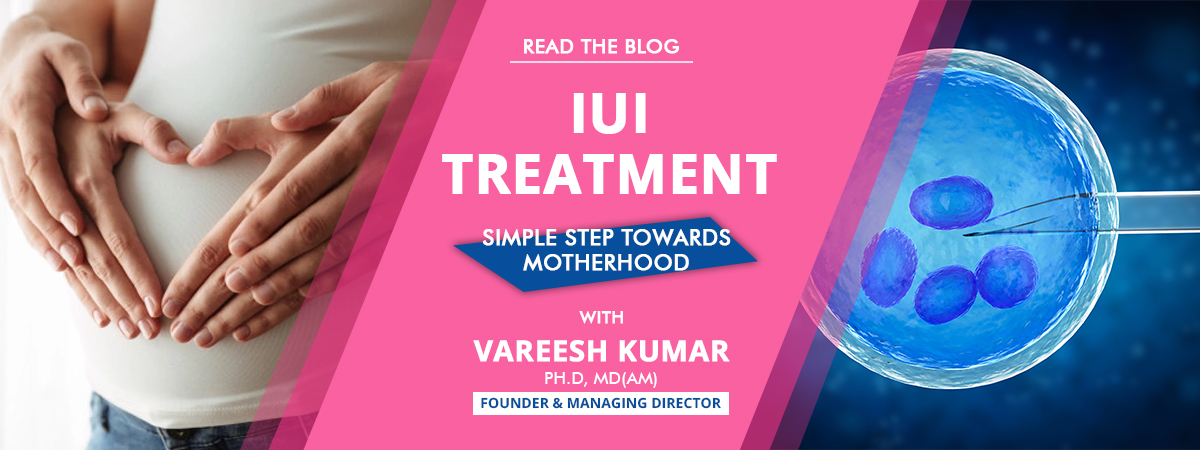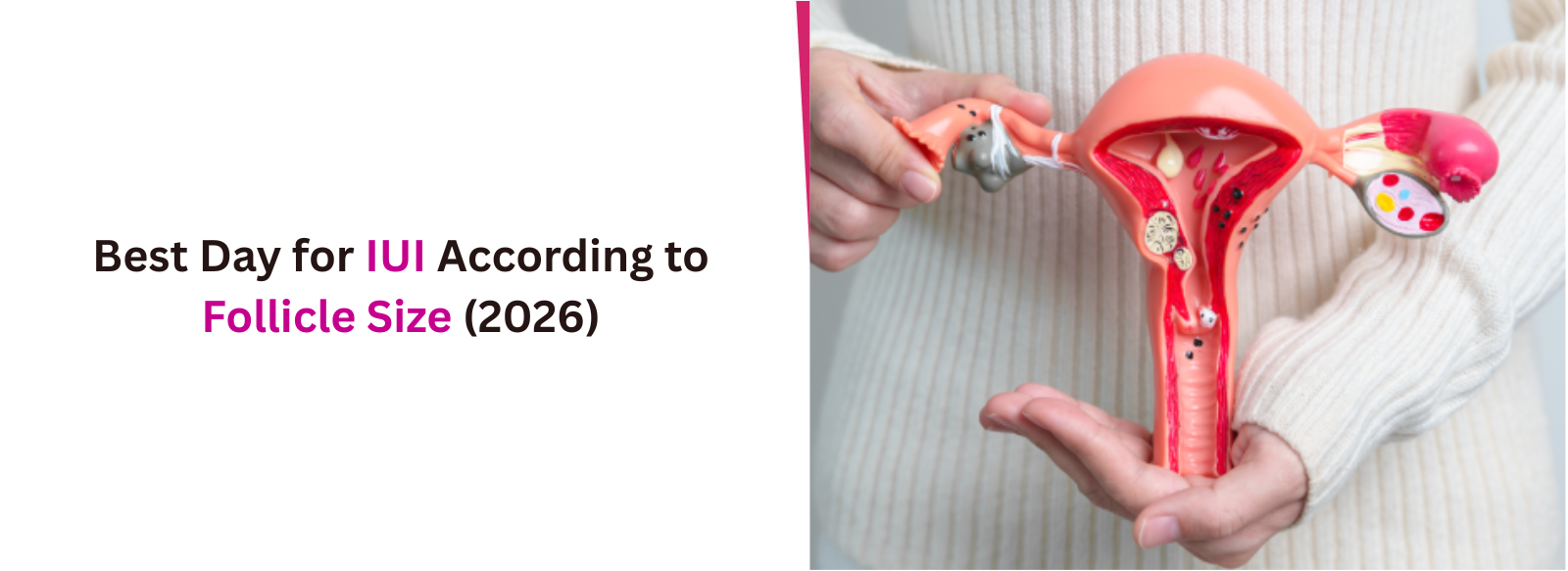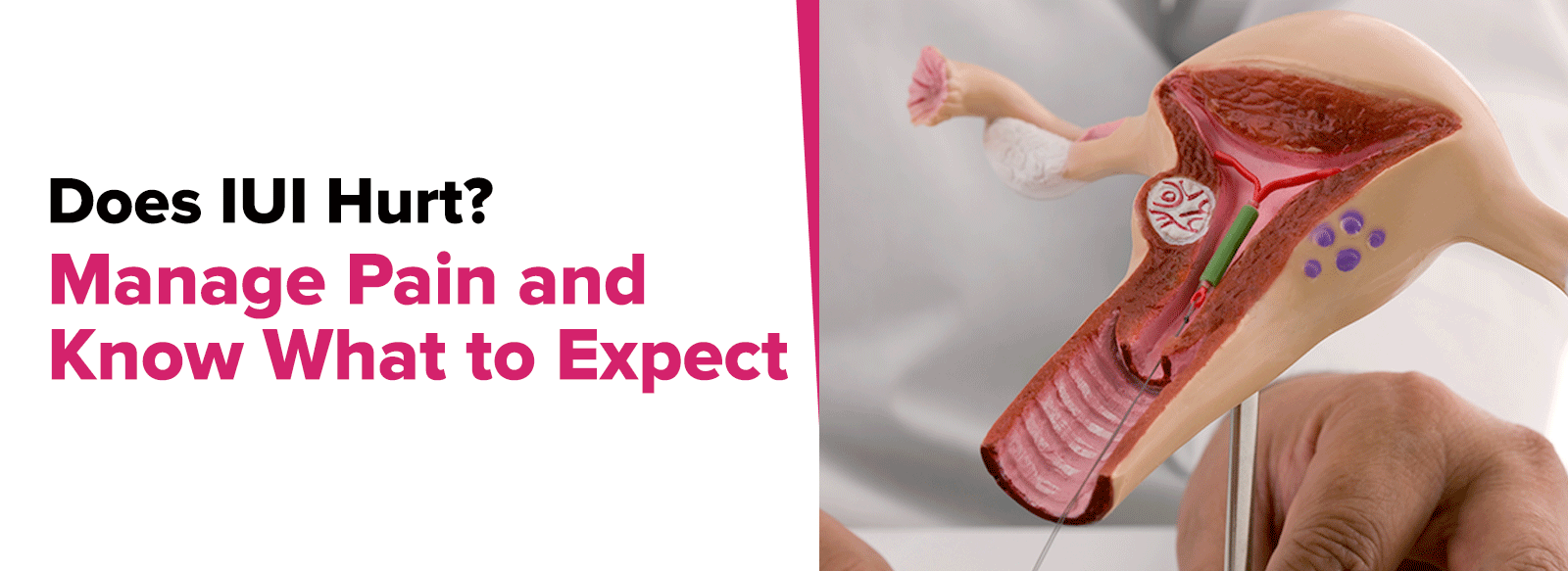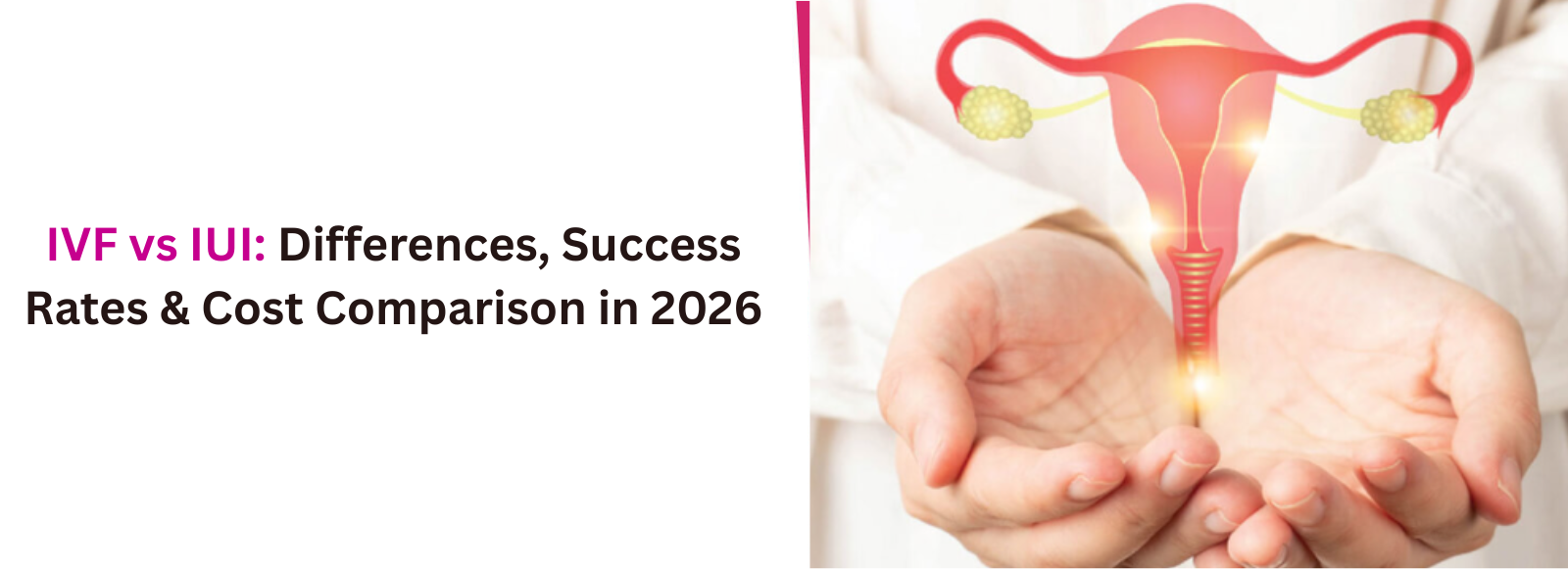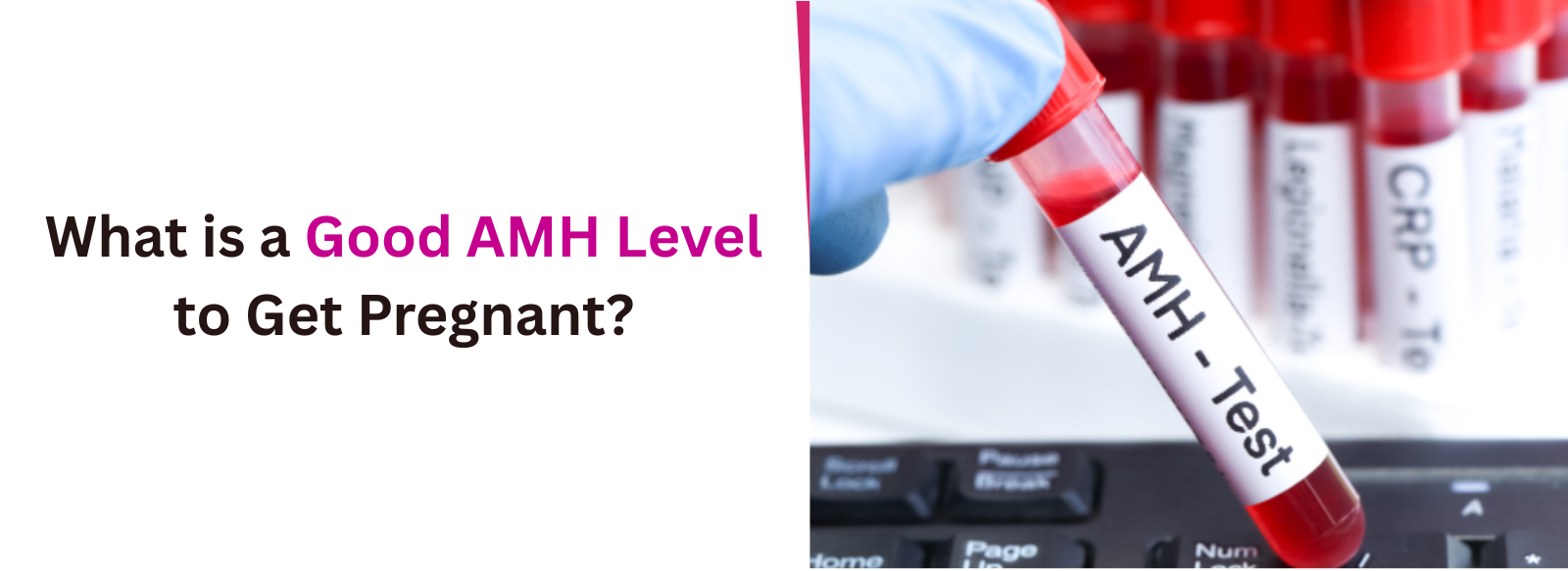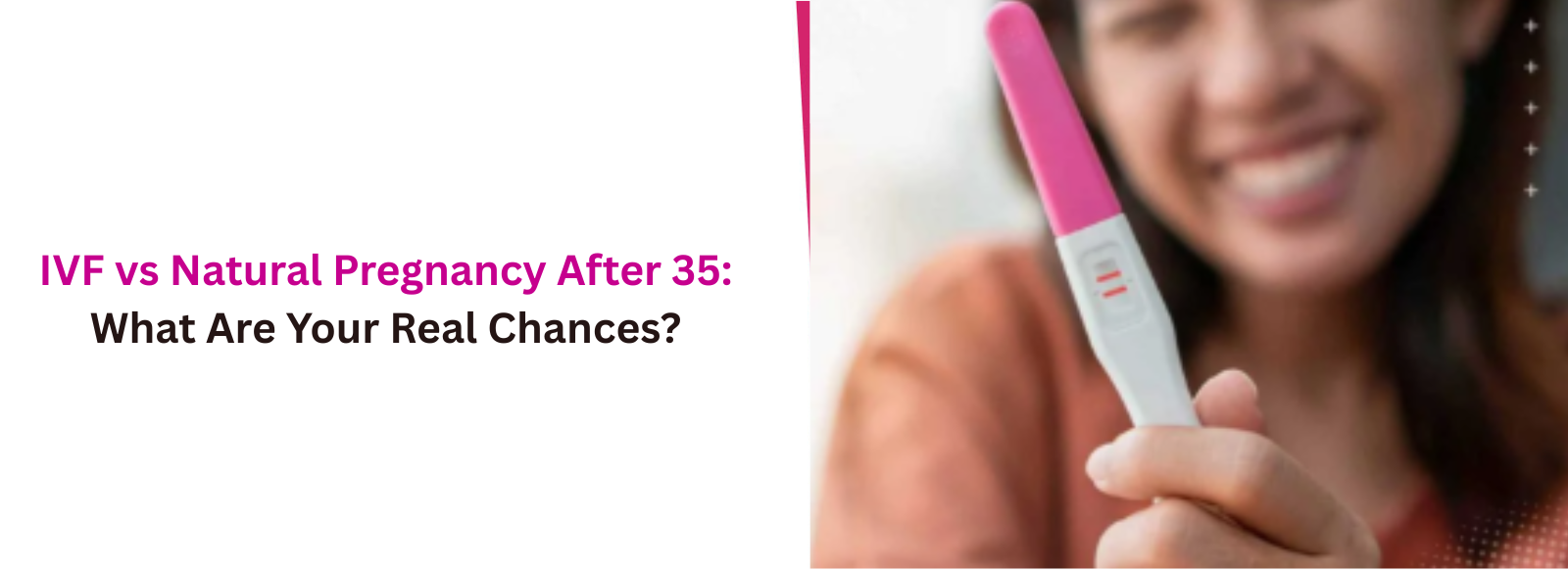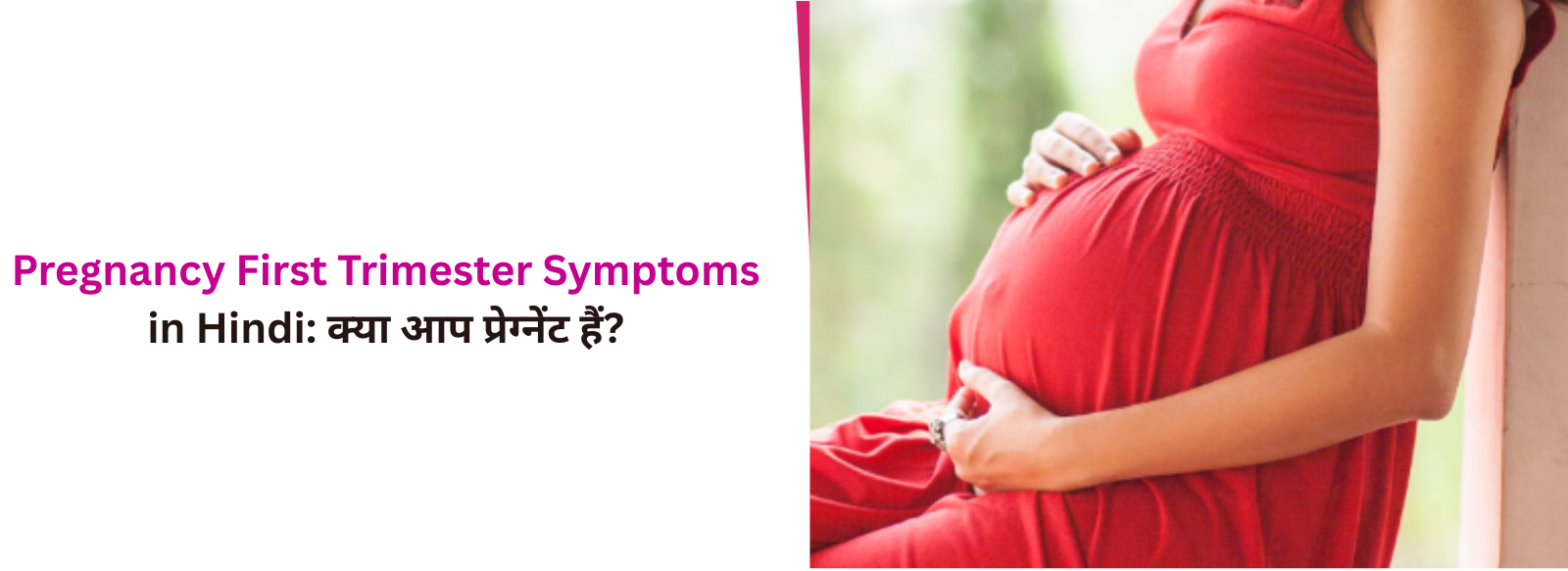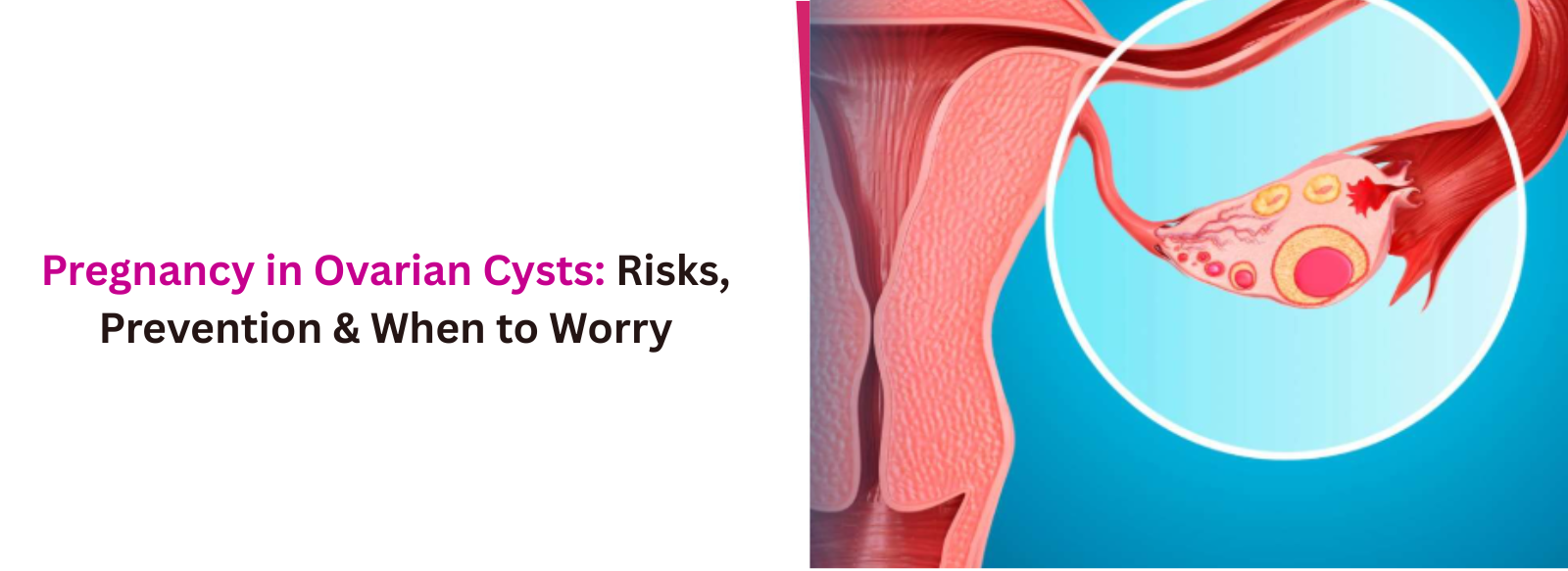Whom does IUI help?:
IUI can be an effective treatment in the case of below-mentioned scenarios:- Women with unexplained infertility
- Women with PCOS
- Same-sex couples wishing to conceive
- Single woman wanting to conceive
- Male partners with low sperm count
- Male partner with minor semen abnormalities
- Couple wanting to avoid passing on a genetic defect from the male partner to the child
What are the various steps involved in the IUI procedure?:
Suggestion from your IUI specialist:
You should take proper suggestions from your IUI specialist before starting the procedure. Your IUI specialist will provide proper knowledge about the procedure. Further, he can give you advice regarding taking medications.You will also be suggested to plan your diet accordingly and avoid smoking and drinking. After that, the IUI specialist can conduct certain tests to determine the exact issue behind why you are not getting a natural pregnancy. The test results will determine whether the IUI procedure will work for you or not.Egg growth stimulation:
In the stimulation stage, a woman begins taking oral or injectable medication to stimulate the growth and maturation of her eggs. The doctors can prescribe to take these injections in the parts of the body where there will be more fat.For example, Doctors usually prescribe injections on the top of the thigh or stomach. Oral medications are usually prescribed for five days, and injections are prescribed for ten to twelve days. However, it mainly depends on the response of your ovaries.Blood monitoring and ultrasound:
When you are undergoing injectable medications, your IUI specialist can suggest ultrasound every 2-3 days. It is helpful to monitor egg development and the ovaries.Moreover, blood tests can also be recommended to determine the level of hormones that are related to your ovarian function and egg growth.These tests are ideal for determining if the procedure is going safely. When the size of the egg is more than 20 mm and the uterus lining is good, a trigger shot can be planned.Inducing ovulation:
A trigger shot is received by the patient once the egg is ripened. Within 36 hours, it can cause ovulation.The trigger shot can be given at the clinic, or it can also be self-administered. After that, the sample sperm is processed. The sample is properly washed during the preparation so that the immobile sperms debris is removed.Additionally, washing can also help remove the substances that are responsible for causing cramps. Then the good sperms are concentrated further.Insemination:
At this stage, a woman lies on the exam table just like a normal pelvic exam. Then the sperm sample is injected into the uterus through a thin and long catheter. The entire process is painless and takes only a few seconds for its completion.However, you should note that getting up shortly after the procedure may not impact the chances of pregnancy. Moreover, sometimes the insemination will be recommended two days in a row.Follow-up:
A week after ovulation, the progesterone levels are tested. Moreover, for some patients, additional hormone support [also known as progesterone support] may be suggested to help prepare the uterine lining for pregnancy. However, this kind of support is mainly used for women with recurrent miscarriages.Pregnancy test:
This would be the last step in your IUI procedure. This process is generally conducted 14 days after the insemination process. This stage determines if the treatment turned out to be successful or not.Then the pregnancy test is conducted at least two weeks after the procedure. If the results come out to be positive, you can start your journey towards motherhood.How successful is IUI on the first try?:
The success rate of IUI depends on women to women as every woman responds to IUI in different ways. Therefore, it can be difficult to predict the success of the IUI procedure on the first try.The most common factors that affect the outcome of your IUI success are:- Age
- Fertility drugs used
- Other underlying fertility concerns
Vardaan Medical Center: Best IUI specialist:
Vardaan Medical Center offers top-quality fertility treatment to all infertile couples. We use scientific techniques to deal with all fertility issues.Talk to the best team of IUI specialists today for all your fertility-related querieFrequently Asked Questions (IUI Treatment)
1. What can I do to increase my chances of getting pregnant with IUI?
There are several ways to support a successful IUI cycle:
Manage stress – Practice meditation or relaxation techniques
Exercise regularly – Moderate physical activity boosts hormone balance
Eat a healthy, balanced diet – Focus on whole foods, lean proteins, and fertility-boosting nutrients
Avoid ejaculation for at least 3 days before the procedure to maximize sperm quality
Stay emotionally positive and hopeful throughout the process
Small lifestyle changes can make a big impact on your IUI success.
2. Are IUI babies healthy?
Yes, IUI babies are just as healthy as babies conceived naturally. The procedure uses natural fertilization with minimal intervention. Studies show that the risk of birth defects or medical complications in IUI pregnancies is not significantly higher than in natural conceptions.
3. Do two follicles in IUI mean twins?
Yes, having two mature follicles during an IUI cycle increases the chances of twin pregnancy. Each follicle may release an egg, and if both are fertilized successfully, twins can occur naturally. Your fertility specialist will monitor follicle development and discuss the associated risks and outcomes.

